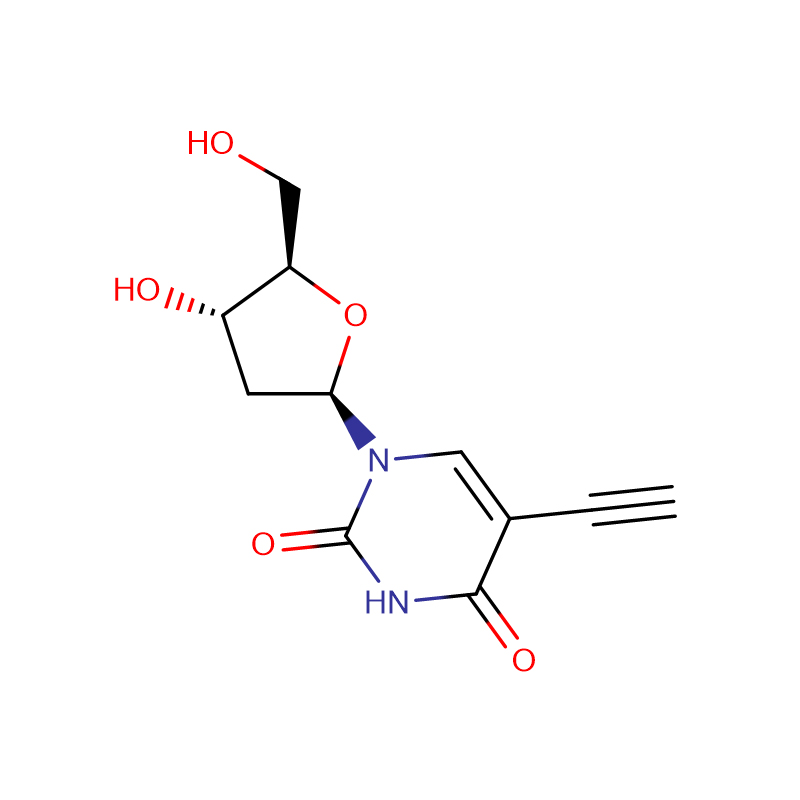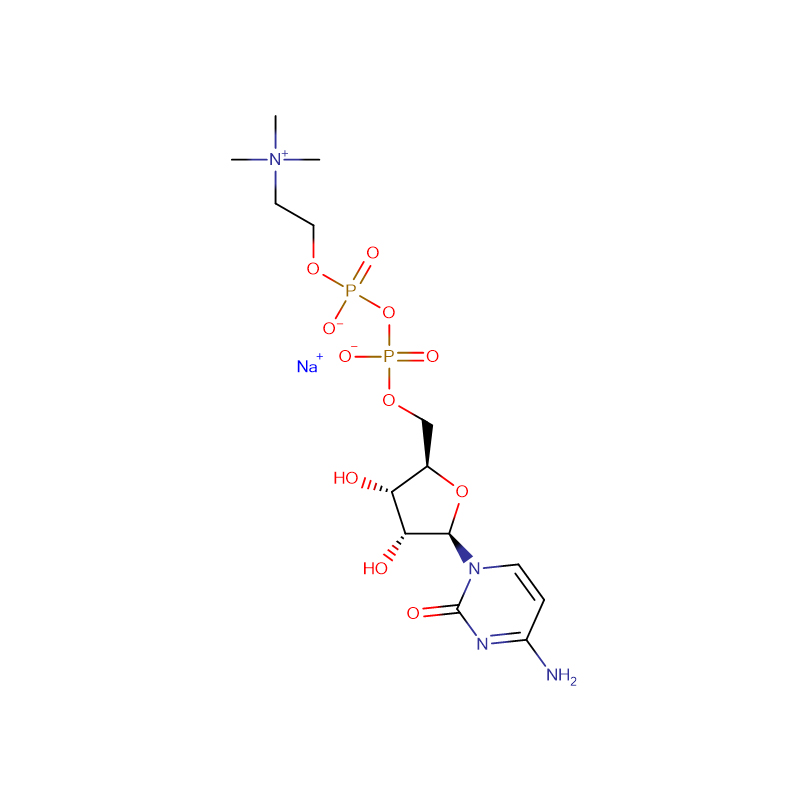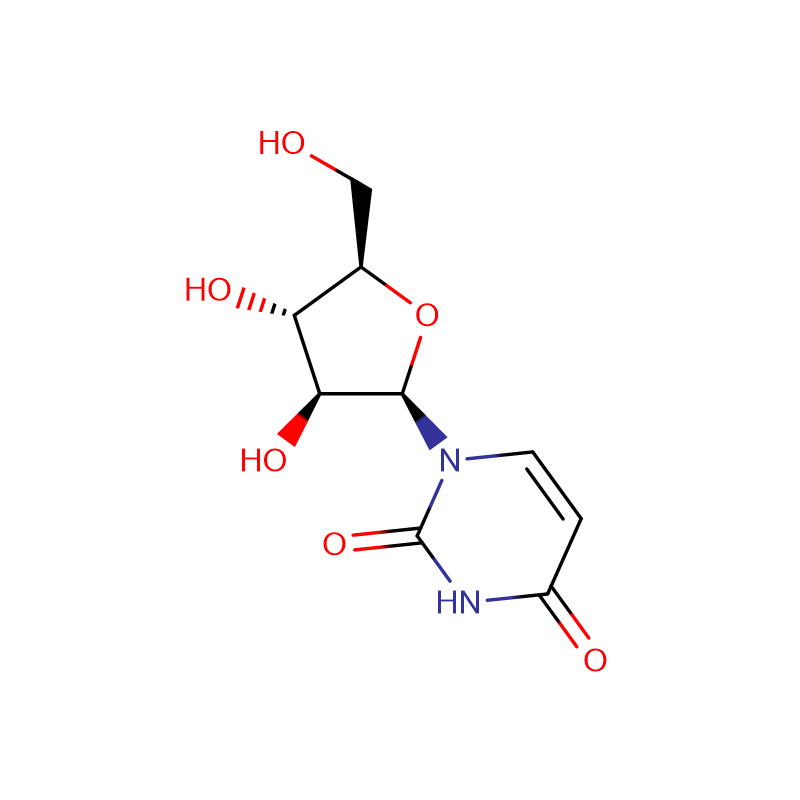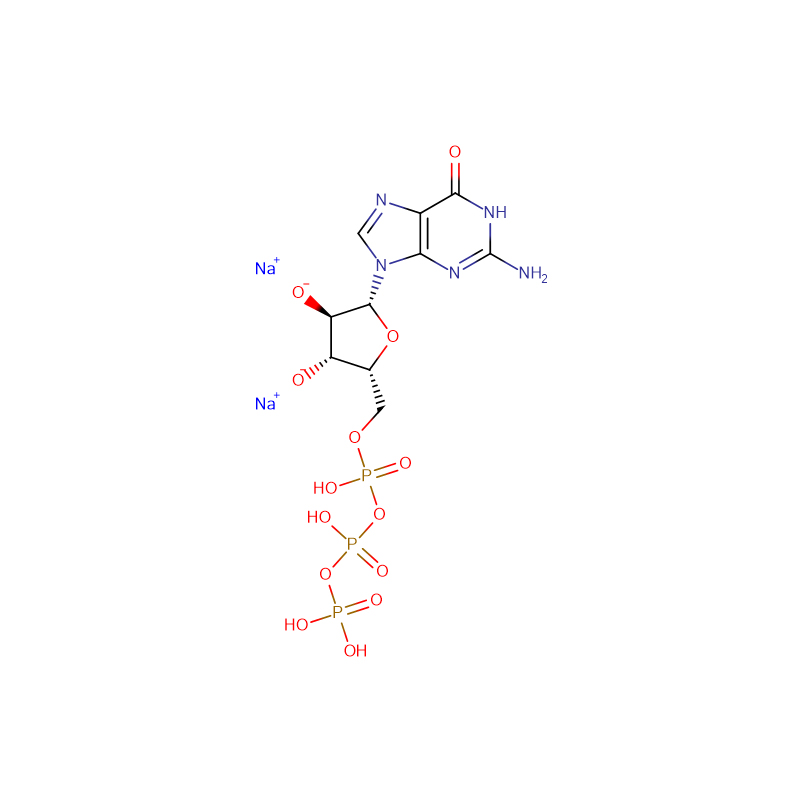Uridine,2′-deoxy-5-ethynyl- Cas:61135-33-9
| Catalog Number | XD90589 |
| Product Name | Uridine,2'-deoxy-5-ethynyl- |
|
CAS |
61135-33-9 |
|
Molecular Formula |
C11H12N2O5 |
|
Molecular Weight |
252.23 |
| Storage Details | -20°C |
| Harmonized Tariff Code | 29349990 |
Product Specification
| Appearance | White to Orange to Green powder to crystal |
|
Assay |
≥99% |
This study was conducted to investigate the proliferative effect of vegetable soy peptides on adult stem cells (ASCs) in the absence of serum and their possible mechanisms of action. The proliferation of human adipose tissue-derived mesenchymal stem cells (ADSCs) and cord blood-derived mesenchymal stem cells (CB-MSCs) treated with soy peptides was found to increase significantly upon 3-(4,5-dimethylthiazol-2-yl)-2,5-diphenyltetrazolium bromide and Click-iT 5-ethynyl-2'-deoxyuridine flow cytometry assay. In addition, soy peptides led to stepwise phosphorylation of the p44/42 MAPK (ERK), mammalian target of rapamycin (mTOR), p70 S6 kinase, S6 ribosomal protein (S6RP) and eukaryotic initiation factor 4E (eIF4E) in ADSCs. Furthermore, quantitative analysis of the cytokines revealed that the production of transforming growth factor-beta1 (TGF-β1), vascular endothelial growth factor and interleukin-6 increased significantly in response to treatment with soy peptides in both ADSCs and CB-MSCs. Similarly, soy peptide-induced phosphorylation of the ERK/mTOR/S6RP/eIF4E pathway was blocked in response to pretreatment with PD98059, a specific ERK inhibitor. Moreover, inhibition of TGF-β1 through PD98059 pretreatment and a consecutive decrease in ADSC proliferation revealed that TGF-β1 induces the phosphorylation of mTOR/S6RP/eIF4E. Collectively, the results of this study indicate that ERK-dependent production of TGF-β1 plays a crucial role in the soy peptide-induced proliferation of ADSCs under serum-free conditions.Copyright © 2012 Elsevier Inc. All rights reserved.








